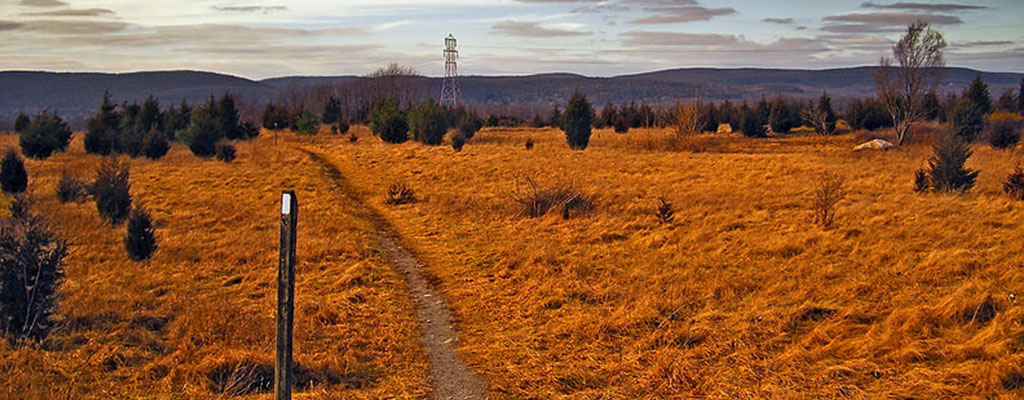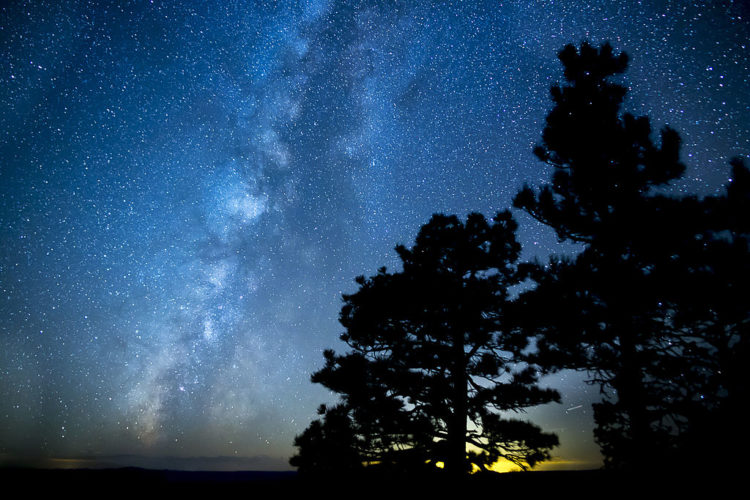We have much more to do and your continued support is needed now more than ever.
Next Step for Core Conservation Fund

Since the Land and Water Conservation Fund (LWCF) was signed into law in 1964, it has protected important wildlife habitat including more than 500 million acres of land. The Fund also ensures access for anglers, hunters, hikers, and other outdoor enthusiasts across the nation in these lands. Thanks to LWCF, people around the United States are able to hike the Appalachian Trail, explore the nooks and crannies of the Grand Canyon, and fish along the shores of Lake Michigan. These experiences at some of our country’s most famous outdoor places are just some of the numerous benefits LWCF brings to generations of Americans.
What’s most impressive about LWCF’s long string of accomplishments is that none of the bills for LWCF projects have been footed by the taxpayer. Designed to be entirely funded by royalties from oil and gas extraction on publicly-owned lands, LWCF was intended to offset natural resource extraction by setting aside parkland and working lands, improving outdoor access, and making ongoing management more efficient.
Unfortunately, Congress has consistently under-appropriated LWCF by diverting more than half of its authorized revenue to other purposes. LWCF is due to expire in 2018, and has more than proven its usefulness to the American people time and time again over the past fifty years.

Some in Congress argue that LWCF should be restructured to focus on state land acquisition and to support energy development. The current working formula allocates roughly 40% each for state and federal lands, and sets aside 20% of funds for special projects or grants.
LWCF isn’t a money grab. In fact, Congress set a $900 million dollar cap on royalties. So, why fix what’s not broken? What LWCF really needs is to be permanently reauthorized and fully funded, rather than bogged down with new approaches that undercut its true mission to conserve and ensure access to America’s natural heritage.
President Obama’s budget request for FY 2017 calls on Congress to fully fund LWCF at $900 million dollars and to permanently reauthorize the Fund beginning in FY 2018.
April 20th, 2016, was a historic day for both LWCF and conservation in the U.S. The passage of S.2012, the Energy Policy Modernization Act, marks the first time that either chamber of Congress has voted to permanently continue this core American conservation program.
Support LWCF
LWCF still needs your help! Use the link below to contact your representatives and encourage them to reauthorize and fully fund LWCF.





















